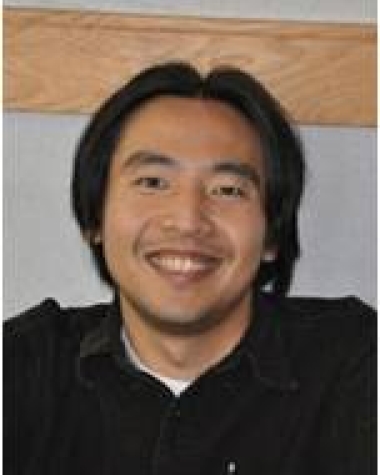Soon Hon Cheong, Ph.D., DVM, ACT

Diplomate - American College of Theriogenologists
Professor, Section of Theriogenology (Reproductive Medicine)
Department of Clinical Sciences
Cheong Laboratory In Memoriam: Dr. Soon Hon Cheong, DVM, PhD, DACVT, 1978-2025Cornell University College of Veterinary Medicine
930 Campus Road, Box 34
Ithaca, NY 14853
Profile
Research/Clinical Interests
Dr. Cheong's research interests include postpartum ovarian and uterine health, epidemiology, regenerative medicine, microfluidics, and assisted reproductive techniques.
Education
- 2012: Cornell University, Comparative Biomedical Sciences, PhD
- 2006-2008: Cornell University, Residency in Theriogenology
- 2004-2006: Cornell University, Residency in Ambulatory
- 2003-2004: Cornell University, Internship in Ambulatory
- 2003: Universiti Putra Malaysia, DVM
Biography/Professional Experience
Dr. Cheong received his DVM from the Universiti Putra Malaysia in 2003. He completed two-year residencies at the Cornell College of Veterinary Medicine in Ambulatory and Theriogenology. Upon completion of his PhD in Comparative Biomedical Sciences in 2012, he was appointed Assistant Professor of Reproductive Medicine in Cornell’s Department of Clinical Sciences and has been the Chief of the Section of Theriogenology since 2014.
Dr. Cheong's research interests include postpartum ovarian and uterine health, epidemiology, regenerative medicine, microfluidics, and assisted reproductive techniques. He is also active in the reproduction program and services provided through the Equine Park and Cornell University Hospital for Animals.
Dr. Cheong is a Diplomate of the American College of Theriogenologists.
Professional/Academic Affiliations
- Diplomate, American College of Theriogenologists
- Society for Theriogenology
- American Veterinary Medical Association
- American Society for Reproductive Medicine
- Society for the Study of Reproduction


